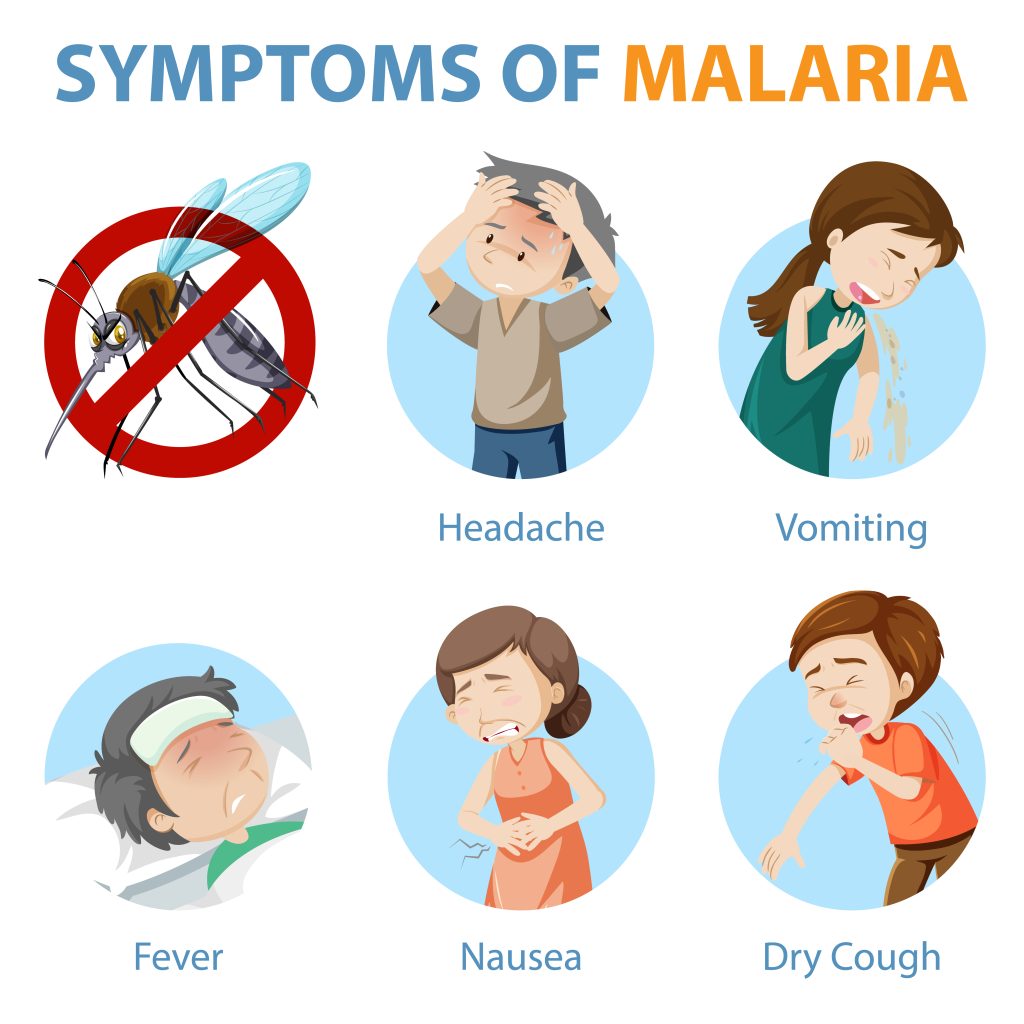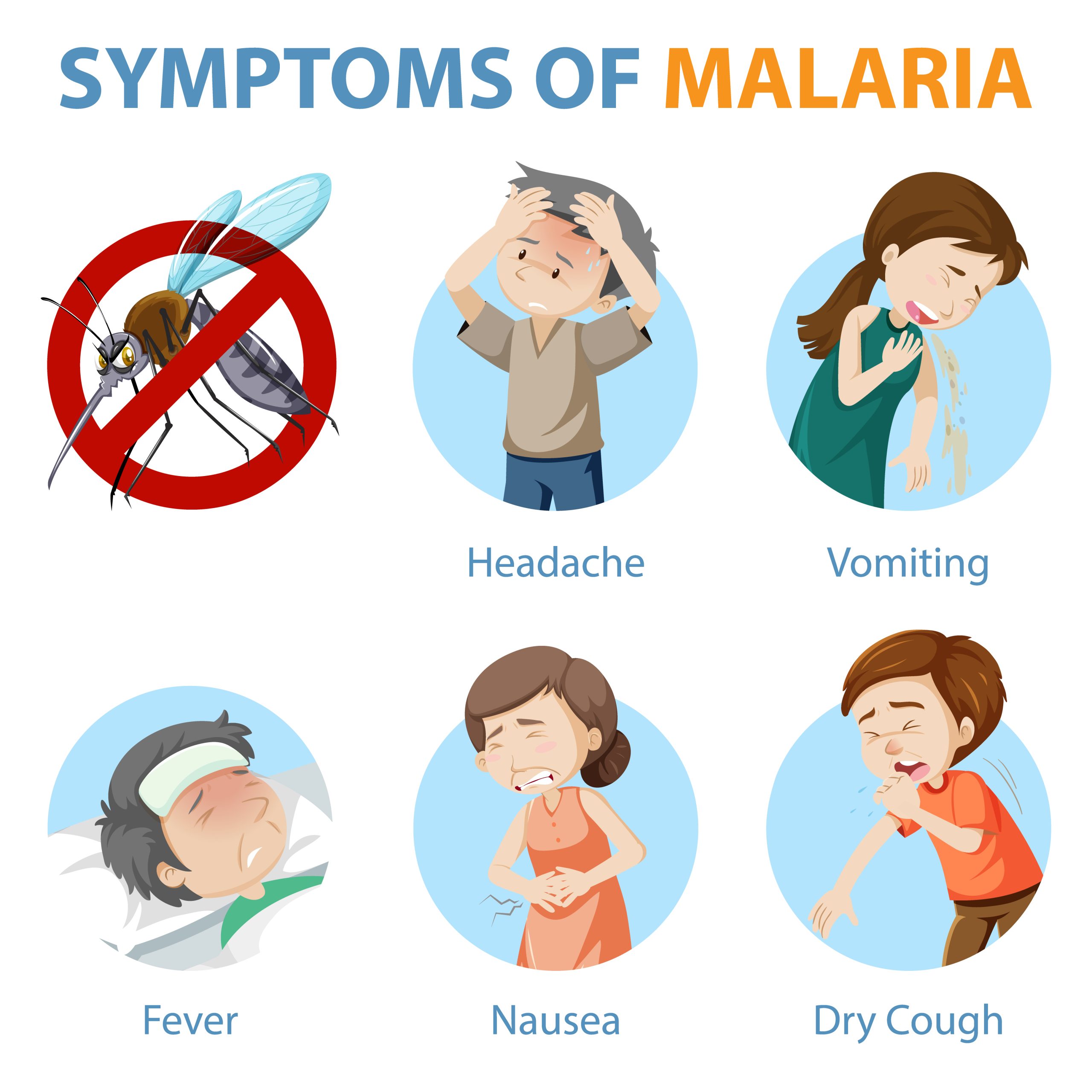Malaria, a mosquito-borne infectious disease caused by parasites of the genus Plasmodium, remains a significant public health challenge in many parts of the world, including South Africa. While significant progress has been made in malaria control and elimination efforts, an increase in the number of malaria infections can have far-reaching economic consequences for South Africa. This article explains how an increase in the number of malaria infections would affect the South African economy.

Understanding Malaria in South Africa
Malaria is endemic in several provinces of South Africa, particularly in the northeastern regions bordering Mozambique, Zimbabwe, and Eswatini. The disease is transmitted through the bite of infected Anopheles mosquitoes and can cause fever, chills, fatigue, and, in severe cases, organ failure and death. While South Africa has implemented various malaria control measures, including vector control, surveillance, and treatment, factors such as climate change, drug resistance, and population movement pose ongoing challenges to malaria control efforts.
Impact on Healthcare Expenditure
An increase in the number of malaria infections would place additional strain on South Africa’s healthcare system, leading to higher healthcare expenditures. Treating malaria patients requires resources such as hospital beds, medical supplies, and healthcare personnel, diverting resources away from other healthcare priorities. The increased burden on the healthcare system could result in longer waiting times, reduced quality of care, and increased healthcare costs for both the government and individuals.
Loss of Productivity and Labor Force
Malaria infections can lead to significant loss of productivity and labor force participation, particularly in sectors such as agriculture, mining, and tourism, where outdoor work is common. Malaria-related absenteeism and decreased productivity among affected individuals can disrupt production processes, delay project timelines, and reduce overall economic output. In addition, the long-term health effects of malaria, such as chronic fatigue and cognitive impairment, can limit individuals’ ability to participate fully in the labor force, perpetuating poverty and hindering economic development.
Impact on Tourism and Travel
South Africa’s tourism industry, a significant contributor to the country’s economy, could be adversely affected by increased malaria infections. Malaria-endemic areas, such as the Kruger National Park and other game reserves in northeastern South Africa, attract millions of tourists each year. However, heightened malaria risk could deter potential visitors, leading to decreased tourism revenue and job losses in the tourism sector. Moreover, travel advisories and restrictions related to malaria could disrupt international travel and trade, further impacting the economy.
Costs of Vector Control and Prevention Measures
Efforts to control and prevent malaria transmission require substantial financial resources for vector control activities, such as insecticide spraying, mosquito net distribution, and community health education. An increase in malaria infections would necessitate scaling up these interventions, leading to higher government expenditure on malaria control programs. Moreover, investments in research and development of new malaria prevention and treatment strategies would be required to address emerging challenges, such as drug resistance and changing mosquito behavior.
Impact on Education and Human Capital Development
Malaria infections can also have indirect effects on education and human capital development in South Africa. Children affected by malaria may miss school due to illness or caretaking responsibilities, leading to educational disruptions and lower academic achievement. Furthermore, chronic malaria infections can impair cognitive development and educational attainment, perpetuating cycles of poverty and inequality. Addressing the socioeconomic determinants of malaria, such as poverty, inadequate housing, and lack of access to healthcare, is essential for promoting education and human capital development in affected communities.
Conclusion
In conclusion, an increase in the number of malaria infections would have significant economic implications for South Africa, affecting healthcare expenditure, productivity, tourism, vector control efforts, and human capital development. To mitigate the economic impact of malaria, South Africa must adopt a multifaceted approach that combines effective vector control measures, access to quality healthcare, investment in research and innovation, and socioeconomic development initiatives. By addressing the underlying determinants of malaria transmission and building resilience in affected communities, South Africa can minimize the economic burden of malaria and promote sustainable development and prosperity for all.

